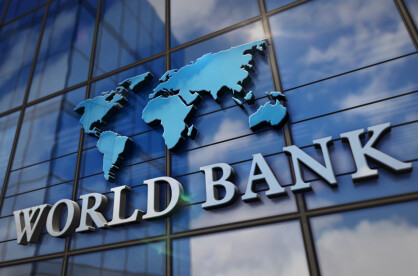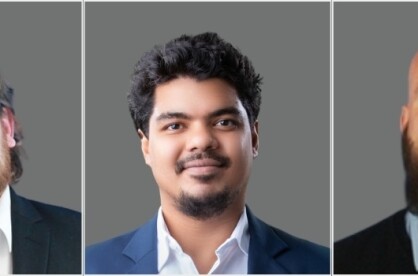Bilateral: Maldives and Bangladesh
Reciprocity and ties between the Maldives and Bangladesh may well be set to improve over the next few years.

Source - The President's Office
Reciprocity and ties between the Maldives and Bangladesh may well be set to improve over the next few years.

Source - The President's Office
Maldives-Bangladesh ties were taken to new heights recently in late 2021, when the Prime Minister of Bangladesh, Sheikh Hasina, made an official state visit to the Maldives from 22 to 23 December though diplomatic relations had been established between the two countries as far back as September 1978. During Sheikh Hasina’s visit the two countries signed a number of agreements during, including a Memorandum of Understanding on the Recruitment of Qualified Health Professionals, a Renewal of the Memorandum of Understanding in the Areas of Healthcare and Medical Sciences, a Memorandum of Understanding on Cooperation in the Areas of Youth and Sports Development and an Agreement to Eliminate Double Taxation on Income Taxes and the Prevention of Tax Evasion and Avoidance. The Bangladeshi Government has also donated military vehicles to the Maldives, with the keys handed over during the Prime Minister's visit.
President Ibrahim Mohamed Solih and Prime Minister Hasina also discussed enhancing cooperation between the two countries in the areas of health, higher education and human resource development, including vocational training and internships for medical students. The Prime Minister offered to provide assistance to the Maldives in the areas of agriculture as well as ICT, and President Solih offered assistance in transferring knowledge in fisheries and pelagic fishing. Both countries also agreed to enter into a Preferential Trade Agreement.
Bangladesh has played a major role in the development of the Maldives, in terms of the large number of Bangladeshi expatriate workers who work in various sectors in the Maldives — official estimates put this figure between 60 to 70,000. There is however a large number of Bangladeshi workers in the Maldives who are undocumented, and hence remain vulnerable to exploitation and human trafficking. The Maldivian government, in 2019 commenced a program to regularise these workers and has repatriated a number of workers back to Bangladesh as well.
While these workers contribute to Bangladesh's foreign inward remittances, the new memorandum of understanding on recruitment of health professionals, under which Bangladeshi health professionals will find opportunities in the Maldives, provides an avenue for Bangladesh to move away from the export of blue collarworkers to the Maldives. It will also allow the Maldives, which has historically lacked qualified personnel in this area, to use the opportunity to improve the quality of the country's health system.
The United Nations General Assembly on 24 November 2021 adopted a resolution on the graduation of Bangladesh from the Least Developed Country (LDC) status, with graduation to occur in five years, on 24 November 2026, in view of the recovery efforts needed with the economic and social damage caused by the COVID-19 pandemic. Graduation has traditionally been within three years of a UN resolution being passed.
Despite still being on the LDC list however, Bangladesh has made considerable progress in terms of economic development, enabling it to be a country that offers assistance to other countries. In this regard, the Central Bank of Bangladesh announced that a USD200 million loan will be extended to the Maldives, in response to a request from the Maldivian government — the nation has also approved a USD200 million currency swap agreement with Sri Lanka, to assist that country in handling its current economic woes. Bangladesh has been assisting the Maldives in its fight against COVID-19, with a visiting team of medical professionals working in the Maldives from May to July 2021, during the height of the Maldives' first wave of COVID-19 infections.
The Prime Minister's statement at the Maldives' parliament highlighted that Bangladesh plans to become a "knowledge-based developed country by 2041." Perhaps this proactive aspect is one that the Maldives can draw aspirations from. Maldives should focus on looking past the technical cooperation and training opportunities alone, and instead focus on enhancing cooperation on trade and investment, taking advantage of Bangladesh's growing status as an influential and strong economy in the region as well as its capabilities and comparative advantages in manufacturing and ICT.



